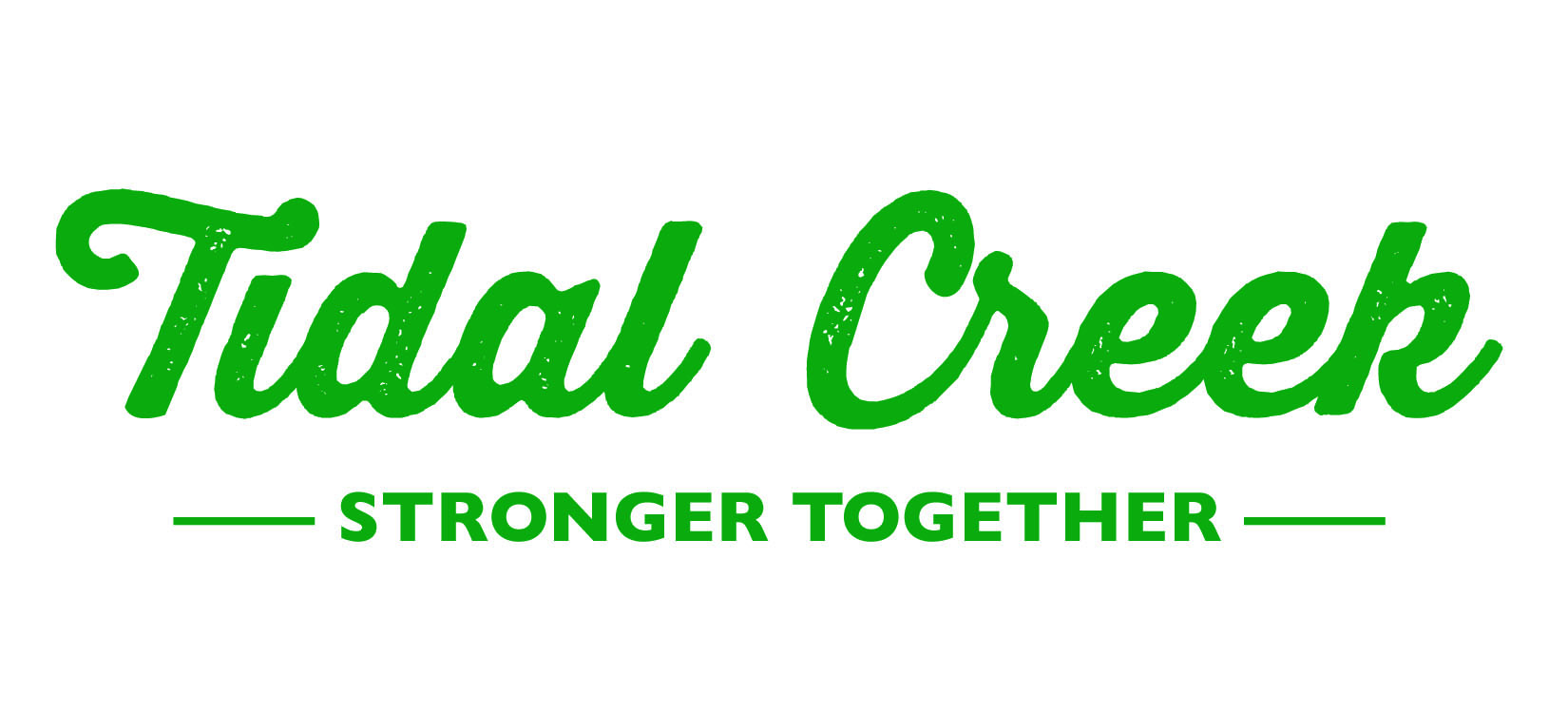Our Mission
Our Vision
- High quality natural, organic and local foods and other environmentally sound products
- A comfortable, affordable place to shop and share knowledge
- Education and training to help people make informed choices towards well being
- A sustainable and economical model which invests in the local and cooperative communities
7 Principles of Ownership
The International Cooperative Alliance Statement of Cooperative Identity – Adopted September 1995
The cooperative principles are guidelines by which cooperatives put their values into practice. Click on each principle for a more detailed explanation of the rights, responsibilities, and reasons associated with that principle.
[toggle hide=”yes” title_open=”Voluntary and Open Ownership” title_closed=”Voluntary and Open Ownership” border=”yes” style=”grey”]Cooperatives are voluntary organizations open to all persons able to use their services and willing to accept the responsibility of ownership, without gender, social, racial, political, or religious discrimination.[/toggle]
[toggle hide=”yes” title_open=”Democratic Owner Control” title_closed=”Democratic Owner Control” border=”yes” style=”grey”]Cooperatives are democratic organizations controlled by their owners, who actively participate in setting their policies and making decisions. People serving as elected representatives are accountable to the ownership. In primary cooperatives owners have equal voting rights (one owner, one vote) and cooperatives at other levels are organized in a democratic manner.[/toggle]
[toggle hide=”yes” title_open=”Owner Economic Participation” title_closed=”Owner Economic Participation” border=”yes” style=”grey”]Owners contribute equitable to, and democratically control, the capital of the cooperative. At least part of that capital is usually the common property of the cooperative. They usually receive limited compensation, if any, on capital subscribed as a condition of ownership. Owners allocate surpluses for any or all of the following purposes: developing the cooperative, possible by setting up reserves, part of which at least would be indivisible, benefiting owners in proportion to their transactions with the cooperative, and supporting other activities approved by the ownership.[/toggle]
[toggle hide=”yes” title_open=”Autonomy and Independence” title_closed=”Autonomy and Independence” border=”yes” style=”grey”]Cooperatives are autonomous, self-help organizations controlled by their owners. If they enter into agreements with other organizations, including governments, or raise capital from external sources, they do so on terms that ensure democratic control by their owners and maintain their cooperative autonomy.[/toggle]
[toggle hide=”yes” title_open=”Education, Training, and Information” title_closed=”Education, Training, and Information” border=”yes” style=”grey”]Cooperatives provide education and training for their owners, elected representatives, managers, and employees so they can contribute effectively to the development of their cooperatives. They inform the general public – particularly young people and opinion leaders – about the nature and benefits of cooperation.[/toggle]
[toggle hide=”yes” title_open=”Cooperation Among Cooperatives” title_closed=”Cooperation Among Cooperatives” border=”yes” style=”grey”]Cooperatives serve their owners most effectively and strengthen the cooperative movement by working together through local, national, regional and international structures.[/toggle]
[toggle hide=”yes” title_open=”Concern For The Community” title_closed=”Concern For The Community” border=”yes” style=”grey”]While focusing on owner needs, cooperatives work for the sustainable development of their communities through polices accepted by their owners.[/toggle]
